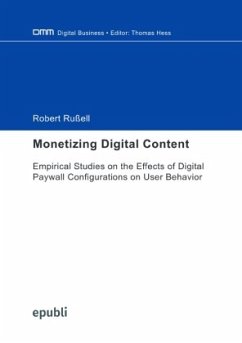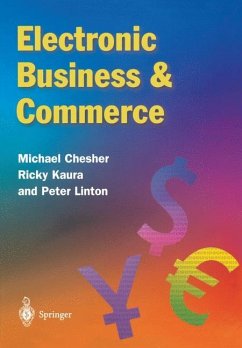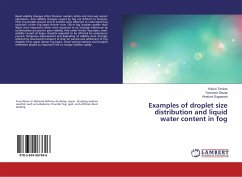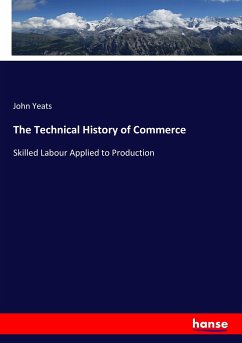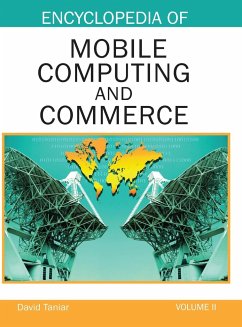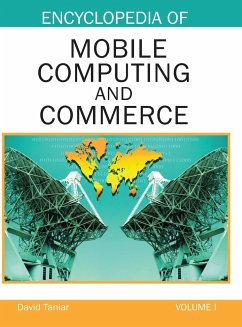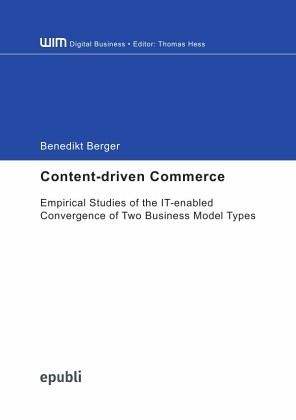
Content-driven Commerce
Empirical Studies of the IT-enabled Convergence of Two Business Model Types. Dissertationsschrift
Versandkostenfrei!
Versandfertig in 6-10 Tagen
29,90 €
inkl. MwSt.

PAYBACK Punkte
0 °P sammeln!
Content and commerce are usually referred to as two different business model types on the Internet. While content comprises the aggregation, bundling, and distribution of informative, entertaining, or educating content, commerce is understood as the sale of goods and services. However, content and commerce are becoming increasingly intertwined. From one side, media companies are trying to use content for the initiation of product sales to participate in revenues (revenue sharing). From the other side, online retailers have realized that they need content to make their stores more appealing for...
Content and commerce are usually referred to as two different business model types on the Internet. While content comprises the aggregation, bundling, and distribution of informative, entertaining, or educating content, commerce is understood as the sale of goods and services. However, content and commerce are becoming increasingly intertwined. From one side, media companies are trying to use content for the initiation of product sales to participate in revenues (revenue sharing). From the other side, online retailers have realized that they need content to make their stores more appealing for customers and to establish a relationship with them (content-driven commerce). The question therefore arises whether content is a decisive success factor for online retailers. At the same time, media companies are faced with the challenge to initiate transactions with their content in a profitable way without neglecting the content's original purpose. The present dissertation examines the relationship between content and commerce in three empirical studies from different perspectives. In addition to the theoretical findings, the results also provide specific recommendations for the development of business models which combine content and commerce.



